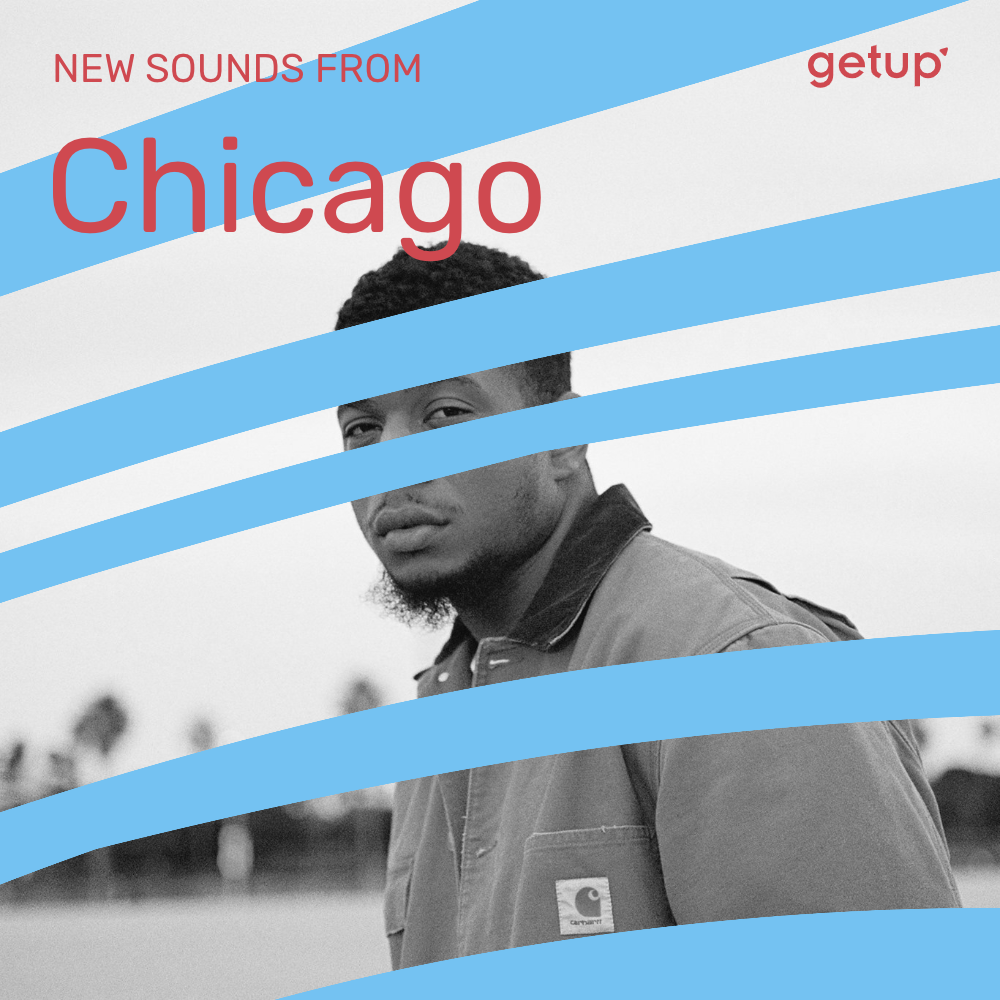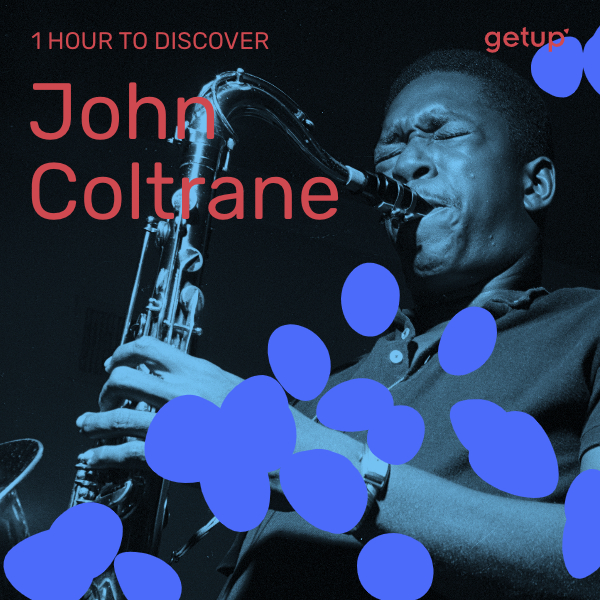Every cause has an effect. Early on, Chicago had one of the largest Black populations in the country and this was to have historical repercussions on the music that came out of it. In the autobiographical novel American Hunger, its Black American author recounts his escape from the South to the North, a journey which, for many, ended in the Windy City where there was work, and where Black people could settle with their own in South Side, as was wished by the White American population. In this town, still plagued by high levels of violence, has developed a strong and exceptionally creative artistic community, conscious of its situation and strongly attached to the concept of freedom. Since 1965 The Association for the Advancement of Creative Music (AACM) has given the city the image of a Holy Land for every free jazz amateur, working as much for the local community as for global creativity. Members of the Art Ensemble Of Chicago – its flagship group – grew up on the South Side. In addition, it is unsurprising that an icon of conscious rap like Common comes from there.
All the musical wealth of Great Black Music is extremely well represented in Chicago. In recent years, its rap and jazz have experienced a remarkable boom, with a rare concentration of newcomers. Chance the Rapper led the revolution in the early 2010s, bringing in his wake Noname, Vic Mensa, Smino, Mick Jenkins, Saba, and the musician and producer Nico Segal. On the rap side, groove prevails in warmly coloured productions where the rhythms are often light and cutting, created with a thousand little details. The beatmakers Monte Booker (Smino), Phoelix, and Nico Segal contribute to establishing a certain homogeneity in Chicago’s rap scene.
This last musician brings together neo soul, jazz, and hip hop. He won fame with Chance the Rapper, under the name of Donnie Trumpet, created The Juju Exchange (his jazz quartet) and is half the new group, Intellectual, and the author of a remarkable debut album of pop and neo-soul in 2019. The signature of a trumpeter and producer can be found in each of these three projects. Again, consistency and a tendency to the opening and mixing of Great Black Music are strong. Nothing comes more naturally for Makaya McCraven than the influence of hip hop, and that of J Dilla, on new generations of jazz musicians – it’s what they grew up with.
In the manner of hip hop producers, McCraven makes use of samples – especially his own recorded live – from which he creates new tracks using Ableton software. Behind him – on the International Anthem label, of which he is the spearhead – has emerged a series of gifted groups and artists, through which one feels more directly the influences of free and spiritual jazz, such as the Art Ensemble of Chicago, or Sun Ra. Chicago is the land of feeling as witnessed by Isaiah Sharkey, a gifted guitarist and singer who brings just as much gospel as jazz, a touch of D'Angelo (with whom he’s played) and Marvin Gaye. Experience the sound of Chicago!






